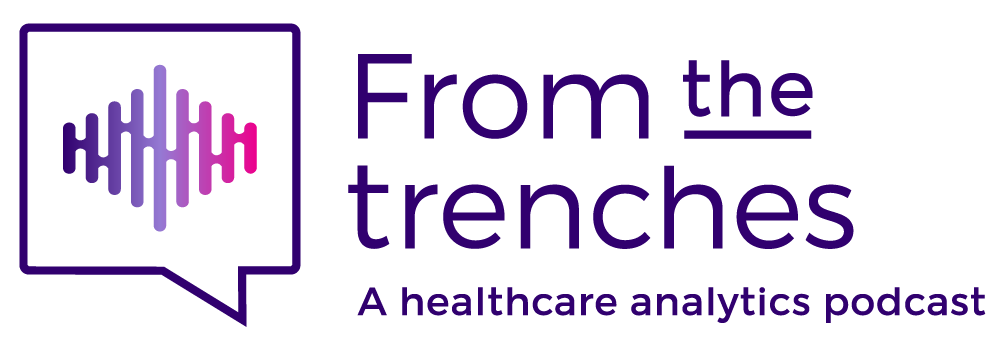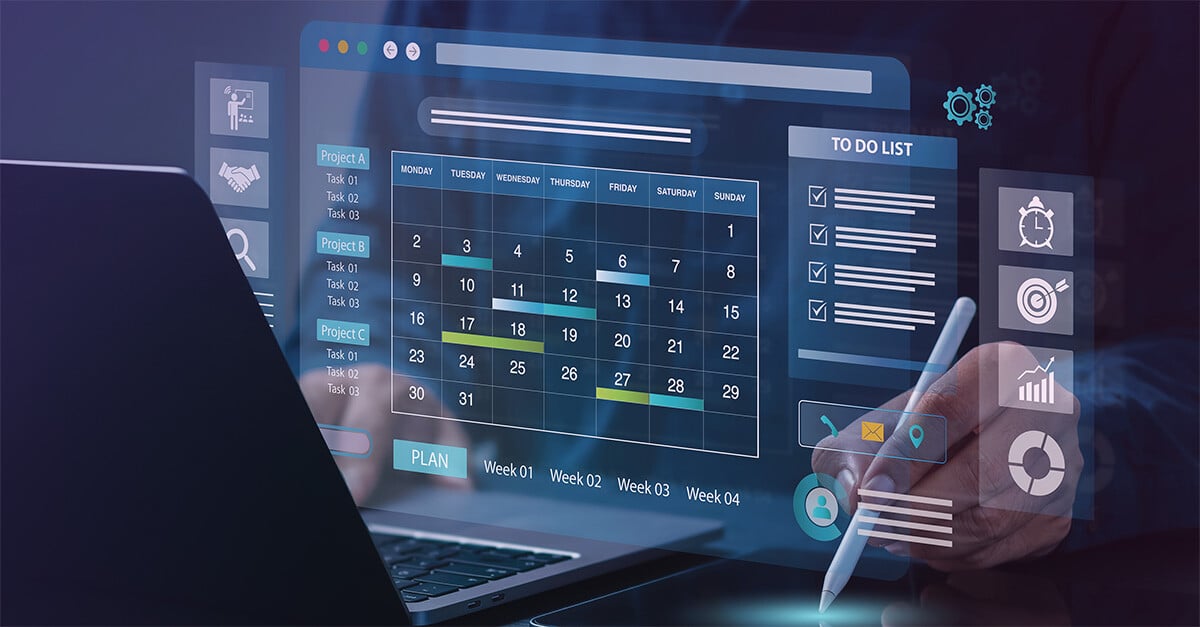For health plans, managing payment recovery is very challenging and hard to accomplish without increasing provider abrasion. And this proves especially difficult when using collection agencies that are not experts in claims payment and the plan’s individual overpayment concepts. On this episode of our “From the Trenches” podcast, Cotiviti’s Chris Mastro, vice president of operations, joins Jeremy Bamford, senior product director for payment accuracy, to examine the keys to successful claim overpayment recovery.
Curious to hear more? Listen to part two of our podcast as Chris and Jeremy discuss the key levers health plans of any size can pull to drive better recovery results.
| About the podcast | About our guests |
|---|---|
|
From the Trenches is a healthcare podcast from Cotiviti, a leader in healthcare data analytics, exploring the latest trends in healthcare quality and performance analytics, risk adjustment, payment integrity, and payer-provider collaboration. Check out all our episodes in your browser, or subscribe on your smartphone or tablet with Apple Podcasts, Spotify, Google Podcasts, and many other apps. |
|
Payers know that their goals must cover the entire payment cycle and be consistent across health plan functions to achieve the desired impact. Read our Payment Accuracy solution overview and learn how Cotiviti offers knowledge, insight, and thoroughness.
Podcast transcript
What is recovery management and how is it important for a payment accuracy program?
Chris: In retrospective payment accuracy for healthcare or what we call post-payment, once a claim with an overpayment has been identified and validated with the client, the overpayment amount must be recovered from the healthcare provider. There is typically two ways to do this: one is by offsetting a future payment to the provider, and another is just through good old-fashioned manual collection to get a check.
How do you measure success? Is it as simple as just measuring dollars recovered?
Chris: While dollars recovered is an important success metric, there are a couple other key performance indicators that can help ensure the recovery process is operating effectively.
One is around recovery speed: measuring the end-to-end cycle time from the date of service to when the overpayment has been recovered is an important metric. Faster cycle time improves conversion rates as inventory can become a bit more difficult to recover as it ages. But it also reduces provider abrasion, so a provider is not having to research a claim from years past as part of the recovery process.
A second one to call out is conversion rate, which is measuring the percent of overpayments identified that have been recovered within a certain time period, such as three months or twelve months. It's a good leading indicator to tell you when something's shifted in your recovery process.
Jeremy: That provider experience is really key. Can you walk us through how we drive success there?
Chris: That's a great point, Jeremy. Net promoter score—a lot of our clients use that as a key overarching metric. But it's also important to look at the drivers that impact net promoter score. One example is looking at the claim appeal rates and percent upheld as an indication of the success within your recovery management program.
For these metrics, what are some factors you see successful health plans employ in their recovery processes?
Chris: In this case, a few areas can make a big difference. One is around shared goals alignment—ensuring the recovery process is aligned with the client's payment accuracy operational process, that the two are tightly intertwined and that we have shared goals and metrics. Transparency is a second factor—making sure we have effective communications with providers on the claim rationale and the recovery path recovered. Having a recovery specialist who can understand the details of the claims and communicate effectively with providers can help reduce appeals, improve first-touch resolution, and also improve the conversion rate.
An example here is being able to explain to a provider why maybe a claim is unable to offset per provider contract, and why a check is required. Again, this helps reduce multiple back-and-forths and potential provider abrasion.
Jeremy: I think that's really key, Chris. Rather than having folks just call and ask for a recovery where we can't offset and you've got to get a refund check, having somebody to actually walk through the details and explain the rationale is really key to driving success.
Chris: I completely agree. Inventory management is another important attribute, just like in many industries. Having the right visibility around the overpayment claims, being able to prioritize those claims, having the right metrics—optimizing your inventory touch rate through analytics is also valuable. Based on claim attributes and provider attributes, it can help you determine the optimal recovery path, whether to call on the claim, when to call, how often to call, again improving conversion rate and reducing potential provider abrasion.
Last but not least, I touched on speed as well—finding ways to accelerate the recovery process. Jeremy, have you seen different attributes folks have used to speed up recoveries?
Jeremy: Yes—speed is really quite essential because obviously, the longer it takes for things to cycle through from identification through to recovery, the less likelihood you'll have of success. Accelerating that speed and time to recovery is really key. Some plans have done this through batch offsetting capabilities, so rather than manually going in and adjusting claims one-by-one, they've developed some scripting or batching capability where they can offset bundles of claims a lot quicker and more efficiently.
Chris: This often may be overlooked, but with some clients, when you have an accumulated backlog in your lockbox, they may be reluctant to offset a provider because they may have already sent a check in, and so you may have a claim that actually hasn't been recovered but you're not able to take the appropriate action. So, maintaining an effective backlog, effectively working your lockbox to know if a check has come in can help you accelerate your offsets as well.
Why do health plans experience challenges in recovery management, and how would you advise them to best overcome these challenges?
Chris: I think as we've talked about throughout this podcast, the recovery process is really intertwined with both the client and the provider's payment processes. It's really an extension of the client's brand. Having knowledge and professionalism are key attributes for an effective recovery partner. While a third-party collections agency can be a viable option in certain situations and conditions, ultimately you want to make sure your recovery management partner is aligned with your brand, your core values, is knowledgeable on the claim content and able to have the appropriate conversations with the providers, maintain effective relationships with providers and demonstrate quality, and ultimately optimize dollars recovered.
Podcast music credit: "Inhaling Freedom" by Nazar Rybak, HookSounds.




 Chris Mastro leads the enterprise yield management team at Cotiviti, focusing on recovery process optimization, improving the provider experience, and accelerating conversion for clients. He is currently focused on improving client inventory management through Lean/Six Sigma and automated workflow solutions.
Chris Mastro leads the enterprise yield management team at Cotiviti, focusing on recovery process optimization, improving the provider experience, and accelerating conversion for clients. He is currently focused on improving client inventory management through Lean/Six Sigma and automated workflow solutions. Jeremy Bamford is a senior product director supporting Cotiviti's retrospective payment accuracy solutions. He has been a key part of Cotiviti's retrospective team for more than 17 years. Jeremy has spent the last 12 years specializing in Medicare managed care audit operations.
Jeremy Bamford is a senior product director supporting Cotiviti's retrospective payment accuracy solutions. He has been a key part of Cotiviti's retrospective team for more than 17 years. Jeremy has spent the last 12 years specializing in Medicare managed care audit operations.



